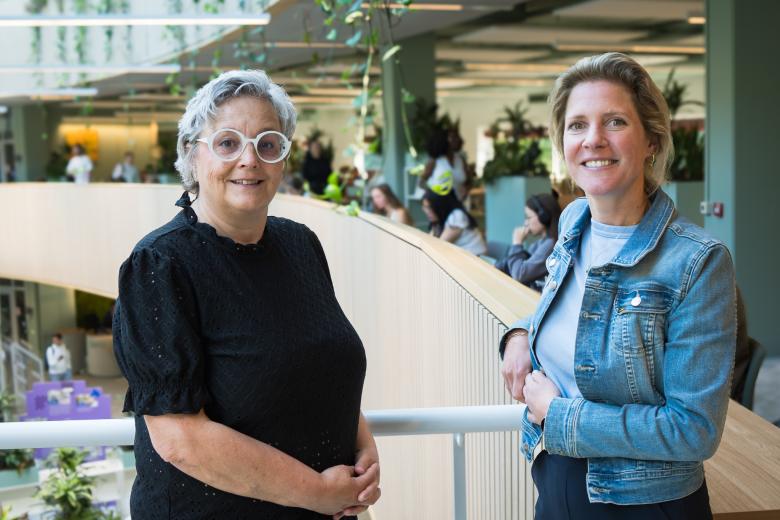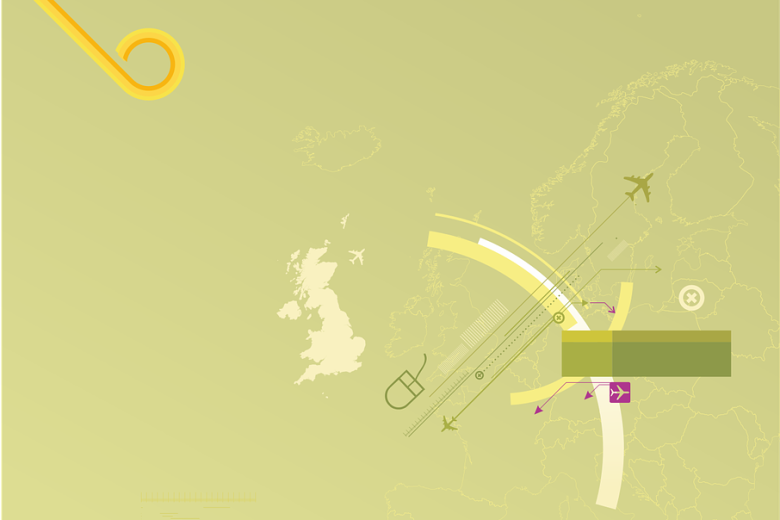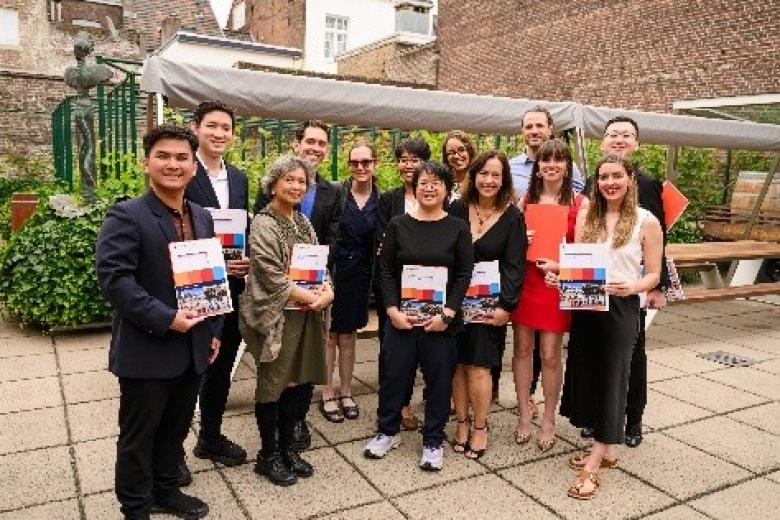Thesis prizes for FASoS students
Every year, the best theses by our students are rewarded during the Dies Natalis celebration. The award is given to students who completed their bachelor's or master's degree with a thesis that was labelled excellent by their faculty. They receive five hundred euros, a certificate and a small gift as a token of appreciation from our Rector Magnificus.
In January 2023 several FASoS students received an award:
- Anne-Sophie Oppor (BA Digital Society) for her thesis Meaningful Human control in Lethal Autonomous Weapon Systems Ethical Challenges for International Humanitarian Law
- Nuria List (BA European Studies) for her thesis Observations on Interventions on Public Space During Covid 19 A comparative analysis of Cork, Ireland, and Aachen, Germany
- Stefani Konstantinesku (BA Arts and Culture) for her thesis We Are All Born Naked and the Rest is Drag” Resistance Conceptualized Through Drag Performance: From the 1960s to the Present Day
Two master's students, Alexandra Werdich (MA Globalisation and Development Studies) and Merlin Tieleman (MA European Studies on Society, Science and Technology) won the master's thesis award. Their research is explained in a video.
Also read
-
Randwyck Library and the river of knowledge
Monique Notermans and Meike Kerkhofs-Welkenhuizen witnessed the vision behind a modern library come to life.

-
M-EPLI PhD Research Spotlight on Blessing Eze
M-EPLI PhD researcher, Blessing Eze, is examining the role of private documents in regulating global value chains.

-
MHPE: Looking back and going forward
During the MHPE Campus Period last month we welcomed a new cohort of MHPE students and enjoyed seeing back those who are starting up their Master thesis projects. We are now preparing to hand over to a new MHPE Management Team that will take over on the 1st of September 2025.
